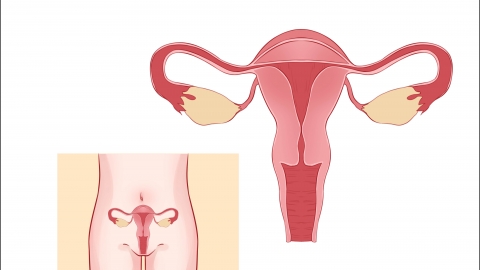Can women with premature ovarian failure undergo ovulation induction to achieve pregnancy?
In general, whether patients with premature ovarian failure can achieve pregnancy through ovulation induction depends on the specific condition of their ovarian reserve function. If there is a desire for pregnancy, it is recommended to consult a reproductive specialist as early as possible. The detailed analysis is as follows:

If the patient's ovarian reserve function has not completely failed and a small number of basal follicles are still present upon examination, and if hormone levels can be adjusted through treatment into a range suitable for follicular development, ovulation induction may be attempted. Under medical supervision, using ovulation-inducing medications might stimulate the growth and maturation of remaining follicles. If high-quality eggs can be successfully obtained and fertilization and implantation occur, pregnancy becomes possible.
However, if the patient’s ovarian reserve function has severely declined, with examinations showing near absence of basal follicles or severe hormonal imbalances that cannot be corrected with treatment, ovulation induction is not suitable for achieving pregnancy. In such cases, ovulation-inducing drugs are unlikely to stimulate mature follicle development. Even if medication is forcibly administered, the lack of available follicles or poor follicle quality may prevent pregnancy and could additionally increase physical strain.
In daily life, maintaining regular作息 (daily routines), avoiding late nights, and providing the ovaries with a favorable resting environment are important. Diet-wise, moderate intake of foods rich in estrogen, such as soy products and nuts, is beneficial, along with sufficient protein and vitamin intake. Emotional stability should be maintained, avoiding excessive anxiety; mild physical activities like walking or yoga can help regulate mental and physical well-being. Regular follow-up assessments of ovarian function and hormone levels should be conducted as advised by doctors to monitor bodily changes promptly and adjust treatment plans accordingly.





